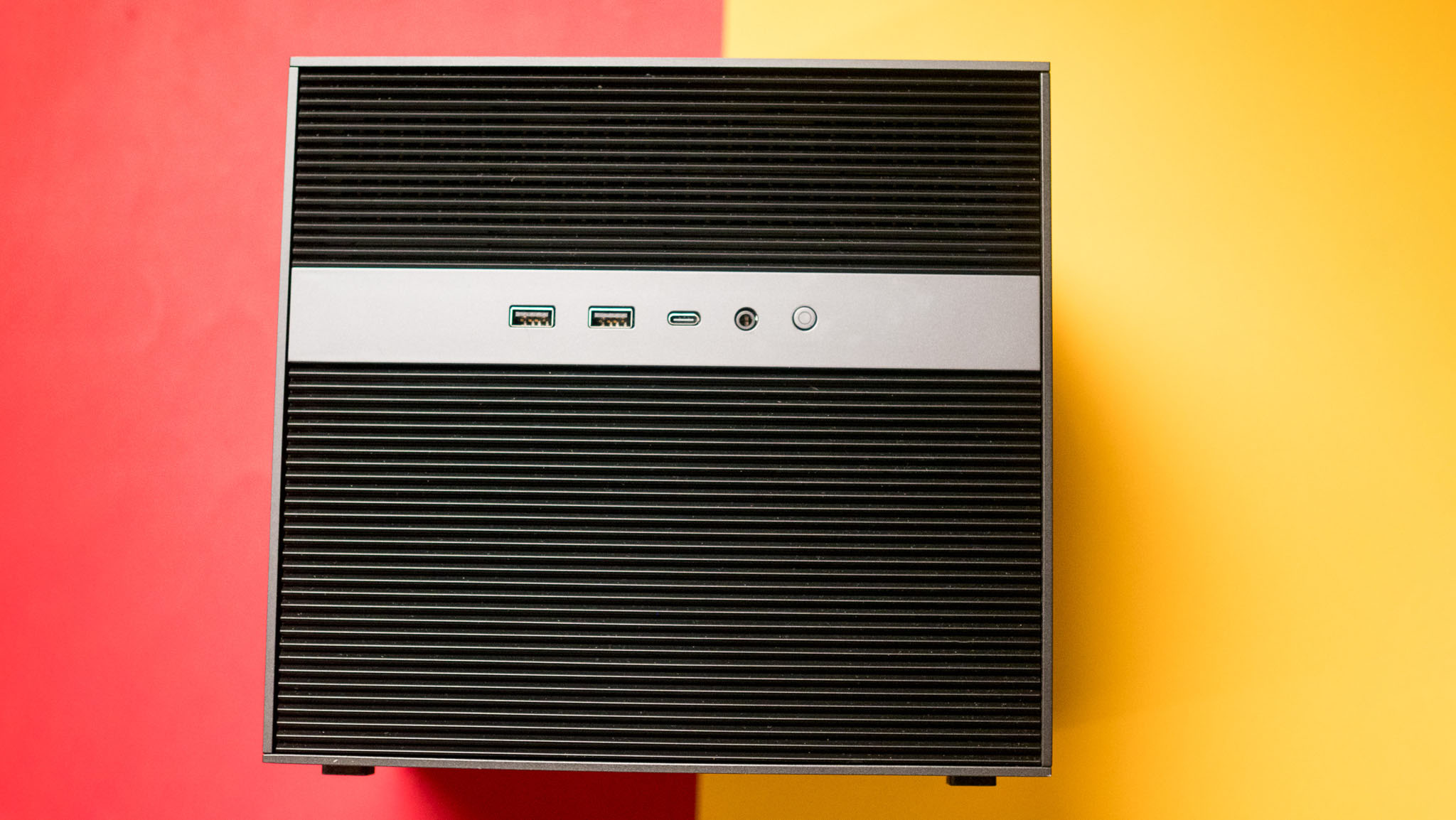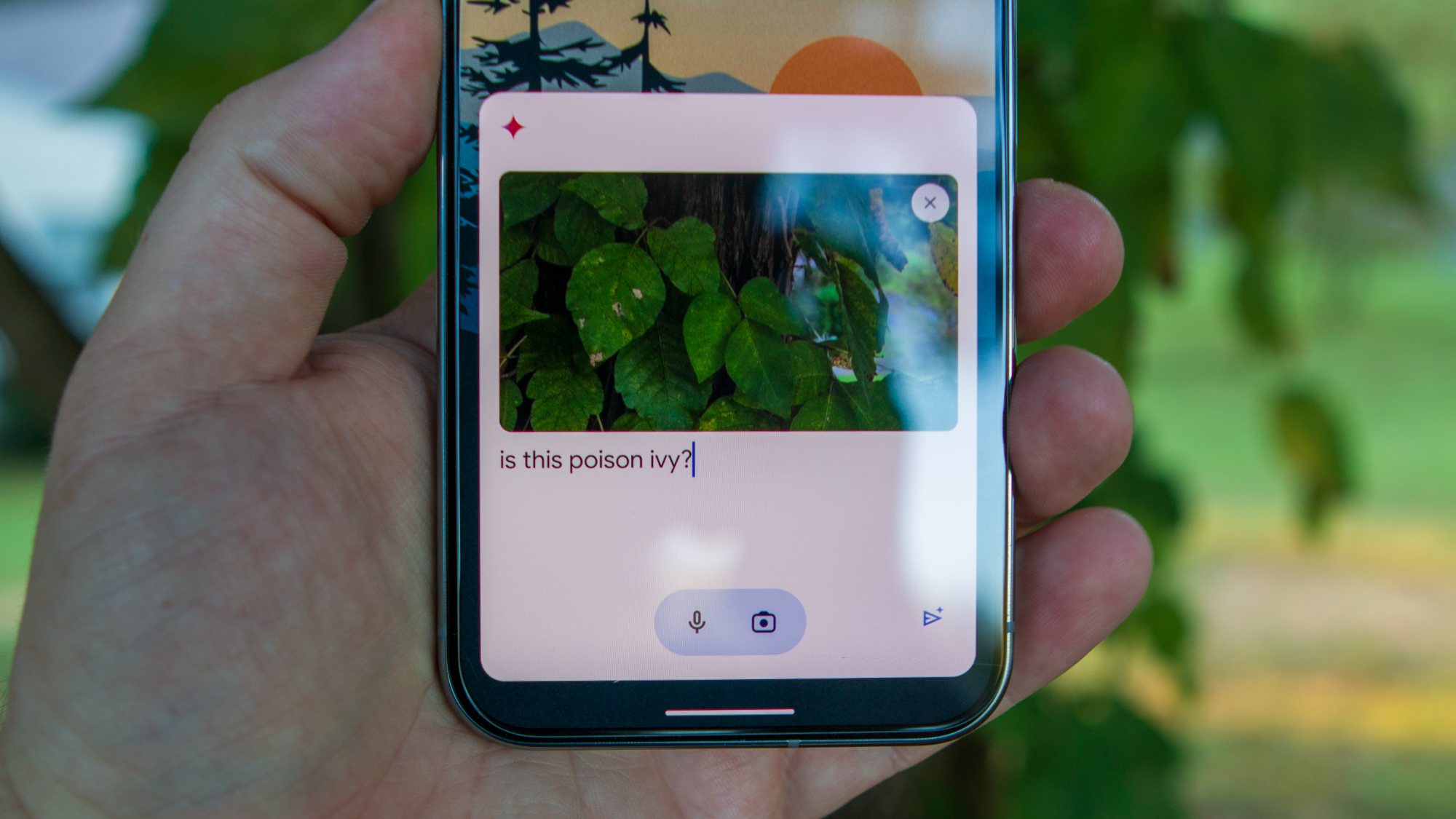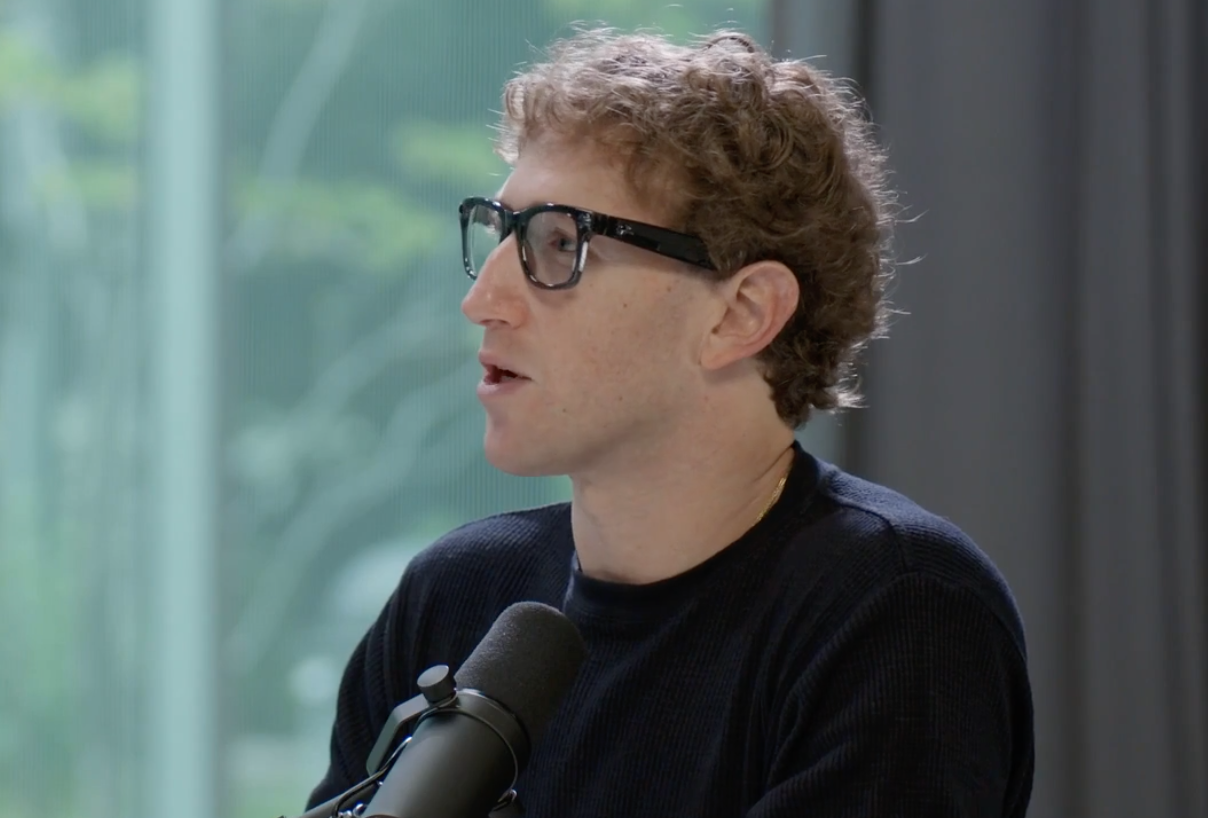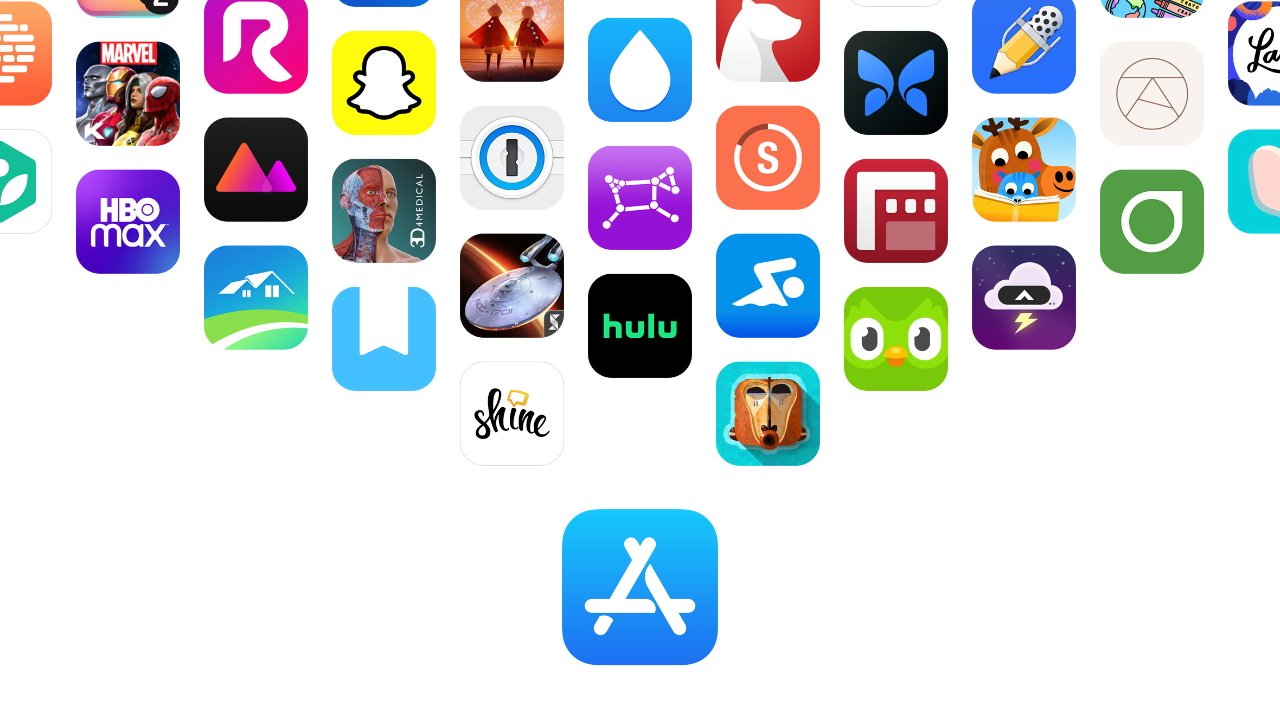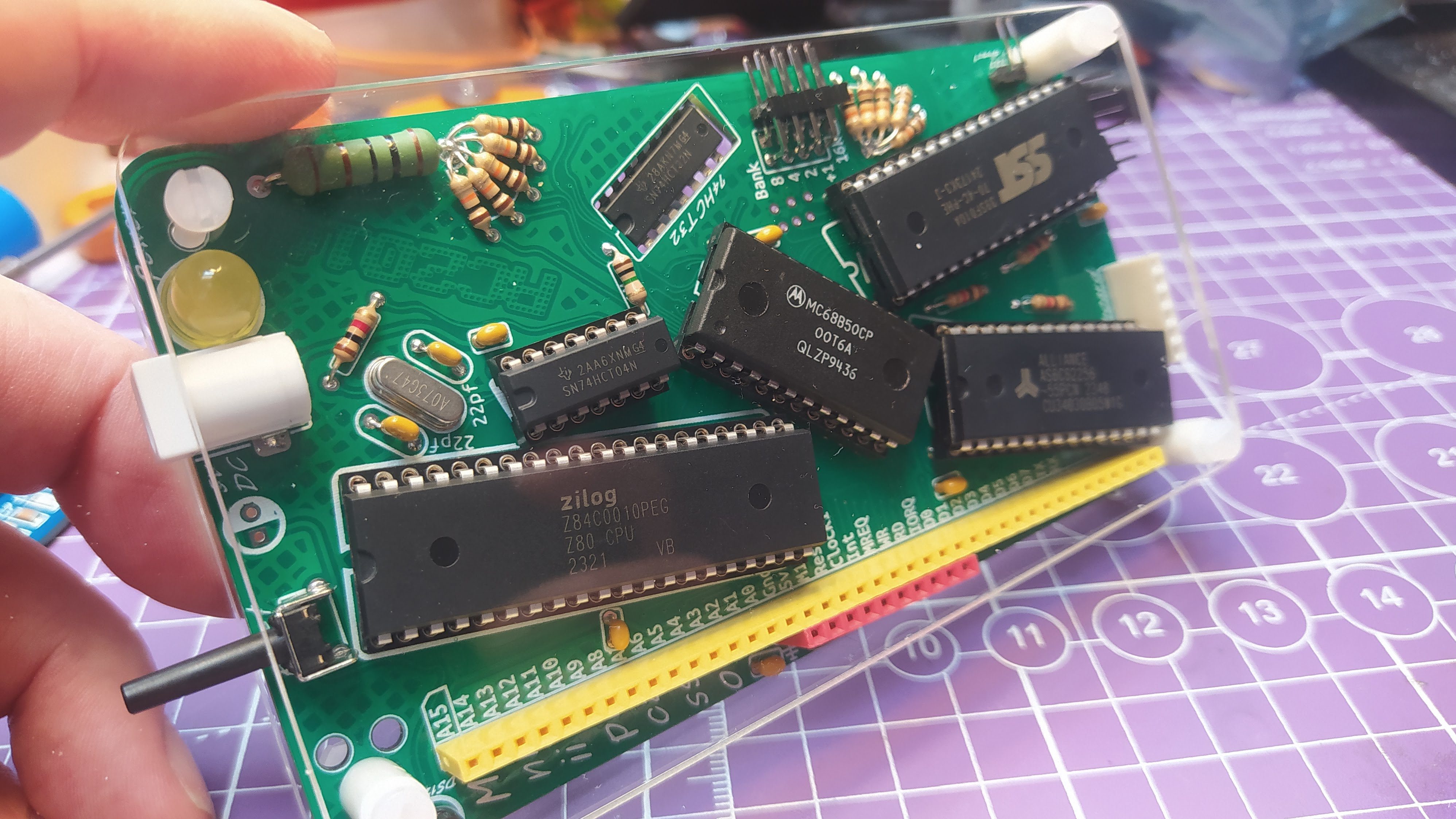The Challenges Facing the Emulation Community: A Closer Look at Winlator's Recent Troubles
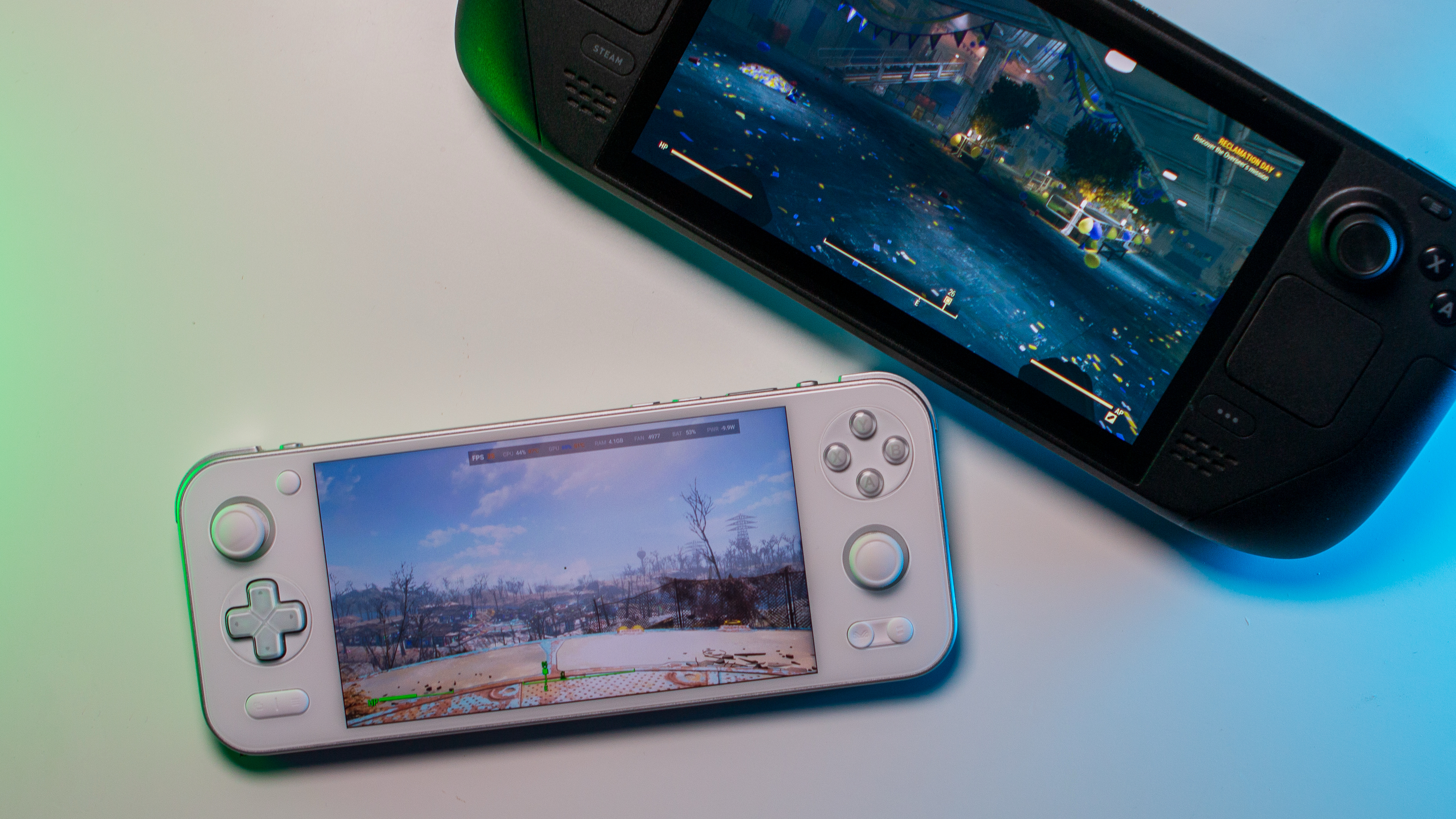
To put things bluntly, the past year has been particularly tough for the emulation community, marked by significant setbacks and challenges. In a sweeping move, Nintendo took action against two of the most impressive emulators in the market, resulting in a considerable void that has yet to be adequately filled. While corporate actions can indeed impact progress, it is often the actions of the community itself that pose a greater threat to the evolution of emulation.
Earlier this week, development on the popular emulator Winlator was officially paused, following an intense wave of harassment directed at its developer. The troubles began shortly after the release of Winlator version 10.0. Users discovered a concerning Trojan that triggered alarms on Windows Defender when they downloaded the associated APK to their computers.
The source of the issue was identified as the TestD3D.exe file, which had been included by the developer to facilitate benchmarking functionalities within the emulator. This was confirmed as users began running the APK through a variety of antivirus checkers. Unfortunately, the news spread rapidly across the community, leading to rampant speculation that the developer, known as brunodev85, was intentionally trying to introduce harmful software.
From what I can gather, the Trojan was designed in such a way that if users opened an application or game within the same container as the infected .exe, it could also become compromised, potentially causing chaos. However, it's important to note that this disruption would be limited to that specific container. Similar issues could arise if a user were to create a different container, but this was the extent of the threat.
The Trojan could only cause significant issues if infected files were transferred from a mobile device to a computeran unlikely scenario for most users, who typically transfer files in the opposite direction. However, this means that if players attempted to transfer a saved game from their handheld device to a desktop PC, they might encounter serious problems.
What makes Winlator particularly unique is its ability to function like containerized virtual machines, primarily focusing on enabling users to install and play PC games on Android devices. The technology behind this innovation is impressive, even though users often navigate through a trial-and-error process to get games to work smoothly.
Since its emergence in the emulation scene, Winlator has inspired numerous forks, or alternative iterations, while the main developer, Bruno, continued to enhance the primary version. The emulators popularity reached a point where GameSir decided to adopt Winlator as the foundation for its GameHub app, which essentially serves as a wrapper for Winlator, adding various GameSir features.
In light of these developments, the project transitioned to a closed-source model with the release of version 7.1. This decision meant that the entire codebase was no longer publicly accessible, which is noteworthy because an earlier version of the Trojan might have been detected sooner had the code remained open for public scrutiny.
There have been previous discussions about why Winlator was flagged by antivirus software, with the developer often attributing these warnings to false positives. Additionally, GitHub issue threads were sometimes closed without further explanations. While some of the communitys backlash may have been justified, the intensity was disproportionate.
Its crucial to revisit the notion of community toxicity within the emulation world. This is not the first instance of a developer retreating from the scene due to negative feedback and harassment. A similar fate befell the popular PS2 emulator, AetherSX2, which ceased operations in early 2023. The developer cited reasons including ongoing impersonation, unwarranted complaints, excessive demands, and, alarmingly, death threats, particularly after a contentious update that introduced an ad banner, despite the developer's earlier stance against monetizing emulators.
Emulation attracts various users, often leading to a predictable range of interactions: Some download the emulator expecting free ROMs or BIOS files, while others question why the software doesn't perform well on lower-end devices. Additionally, there are persistent requests for features that may already be planned or are explicitly stated as not forthcoming.
The reality is that when developers respond unfavorably to such demands, they often face an avalanche of backlash, which can discourage some from participating in the emulation community altogether. A notable example of this was when RPCS3 announced their intent not to port their emulator to certain platforms, stating that the toxicity exhibited by some users made it necessary to close off discussions regarding the subject. This announcement felt like a significant blow to the Android emulation community, especially following earlier controversies involving emulators like Yuzu and Ryujinx.
In essence, the petulant reactions from a segment of the community have become meme-worthy within emulation circles. Most observers anticipate a wave of complaints and drama whenever a significant change occurs or a new emulator is launched. It is disheartening to witness, especially since many of these projects often originate from passionate individuals who dedicate their time and effort out of love for the platform they are emulating.
In conclusion, we should strive to keep the negativity and hostility that permeates much of the world from infiltrating our hobbies and passions, including the often-controversial realm of emulation.













